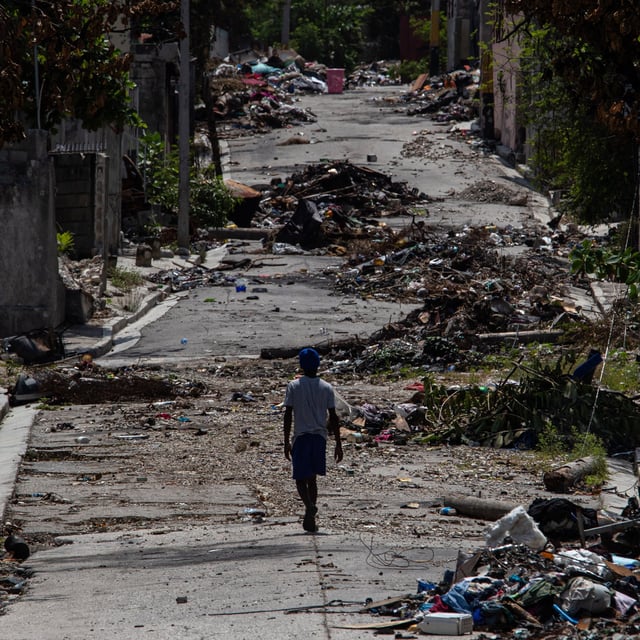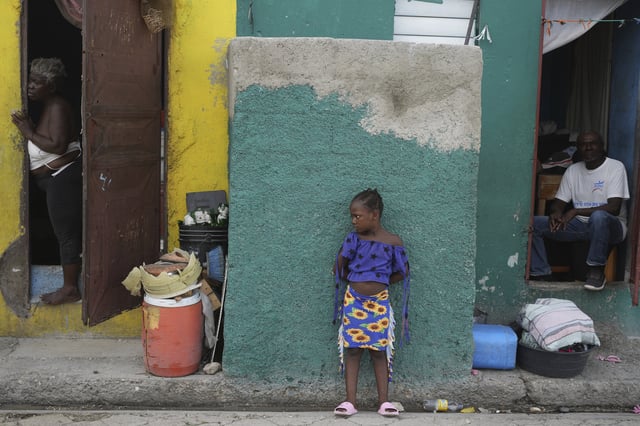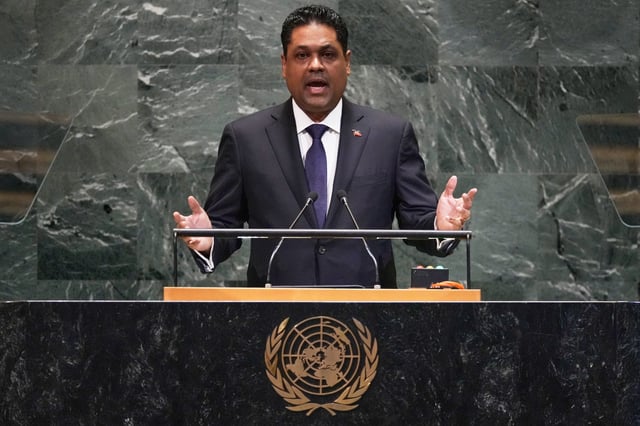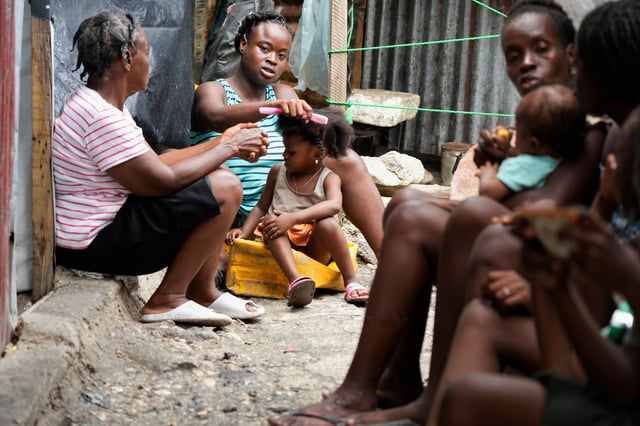Overview
- The council voted 12–0 to authorize the new force, with Russia, China and Pakistan abstaining, on a resolution co-sponsored by the United States and Panama for an initial 12-month mandate.
- The unit can include police and military personnel up to a ceiling of 5,550 and is empowered to detain suspected gang members, conduct intelligence-led counter-gang operations, and secure critical infrastructure alongside Haitian authorities.
- The resolution requests a UN Support Office in Haiti for logistics, with personnel and 50 civilians to be funded through voluntary contributions, leaving predictable financing uncertain.
- The new mission replaces the under-resourced Kenya-led MSS, which has fewer than 1,000 deployed against a planned 2,500 and whose mandate expires on Oct. 2, raising transition and continuity concerns.
- Haitian leaders welcomed the decision as a turning point, while Russia and China criticized ambiguous rules of engagement and financing, and Pakistan also abstained.



